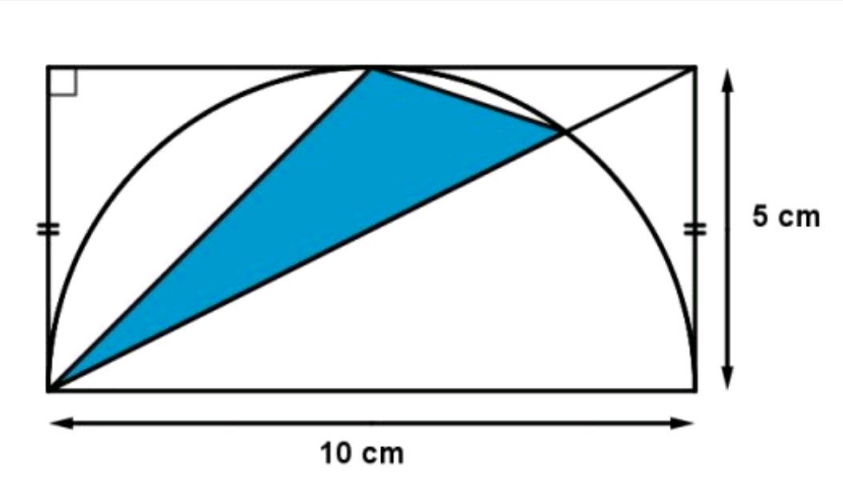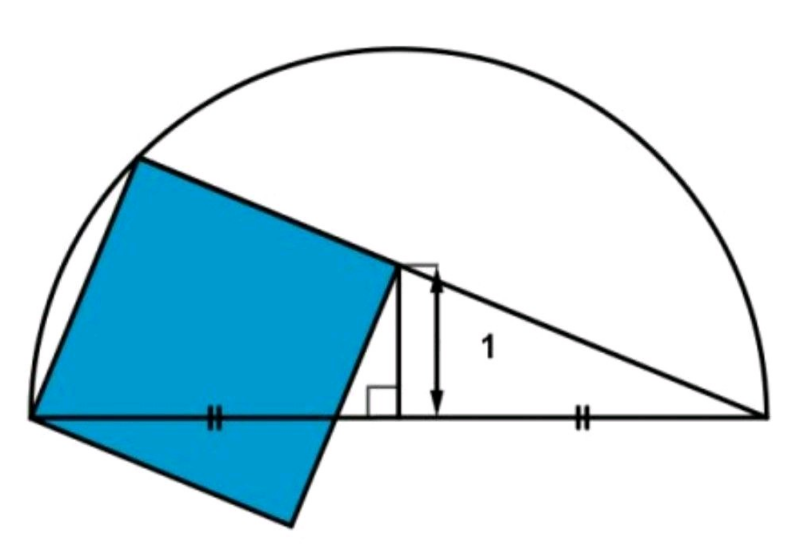
AllQuestion and Answers: Page 345
Question Number 187613 Answers: 3 Comments: 1
Question Number 187612 Answers: 0 Comments: 0
Question Number 187611 Answers: 2 Comments: 0
Question Number 187609 Answers: 0 Comments: 0
Question Number 187608 Answers: 3 Comments: 0

Question Number 187607 Answers: 0 Comments: 1
Question Number 187605 Answers: 0 Comments: 0
Question Number 187606 Answers: 2 Comments: 0
Question Number 187602 Answers: 1 Comments: 0
Question Number 187598 Answers: 2 Comments: 0
Question Number 187595 Answers: 1 Comments: 1

Question Number 187589 Answers: 3 Comments: 1

Question Number 187587 Answers: 2 Comments: 1

Question Number 187585 Answers: 1 Comments: 1

Question Number 187581 Answers: 0 Comments: 0

Question Number 187560 Answers: 1 Comments: 0

Question Number 187559 Answers: 1 Comments: 0

Question Number 187557 Answers: 3 Comments: 0

Question Number 187556 Answers: 0 Comments: 1

Question Number 187549 Answers: 1 Comments: 0

Question Number 187548 Answers: 2 Comments: 0

Question Number 187546 Answers: 2 Comments: 0

Question Number 187541 Answers: 0 Comments: 1
Question Number 187535 Answers: 1 Comments: 1

Question Number 187534 Answers: 0 Comments: 0
Question Number 187531 Answers: 3 Comments: 0
$$\underset{\mathrm{0}} {\overset{\infty} {\int}}{x}^{\mathrm{2}} {e}^{−{x}} {dx}=? \\ $$
Pg 340 Pg 341 Pg 342 Pg 343 Pg 344 Pg 345 Pg 346 Pg 347 Pg 348 Pg 349
